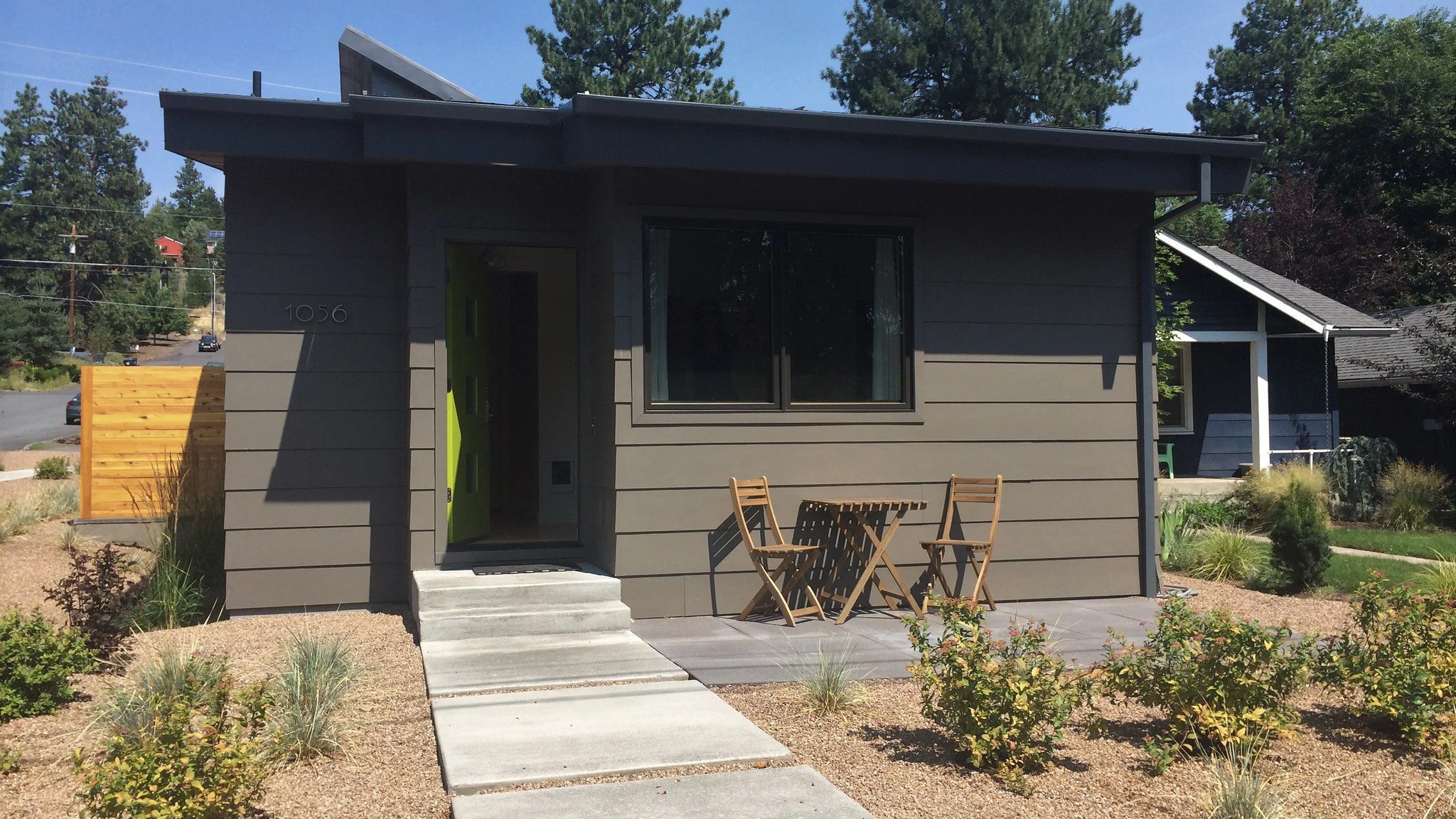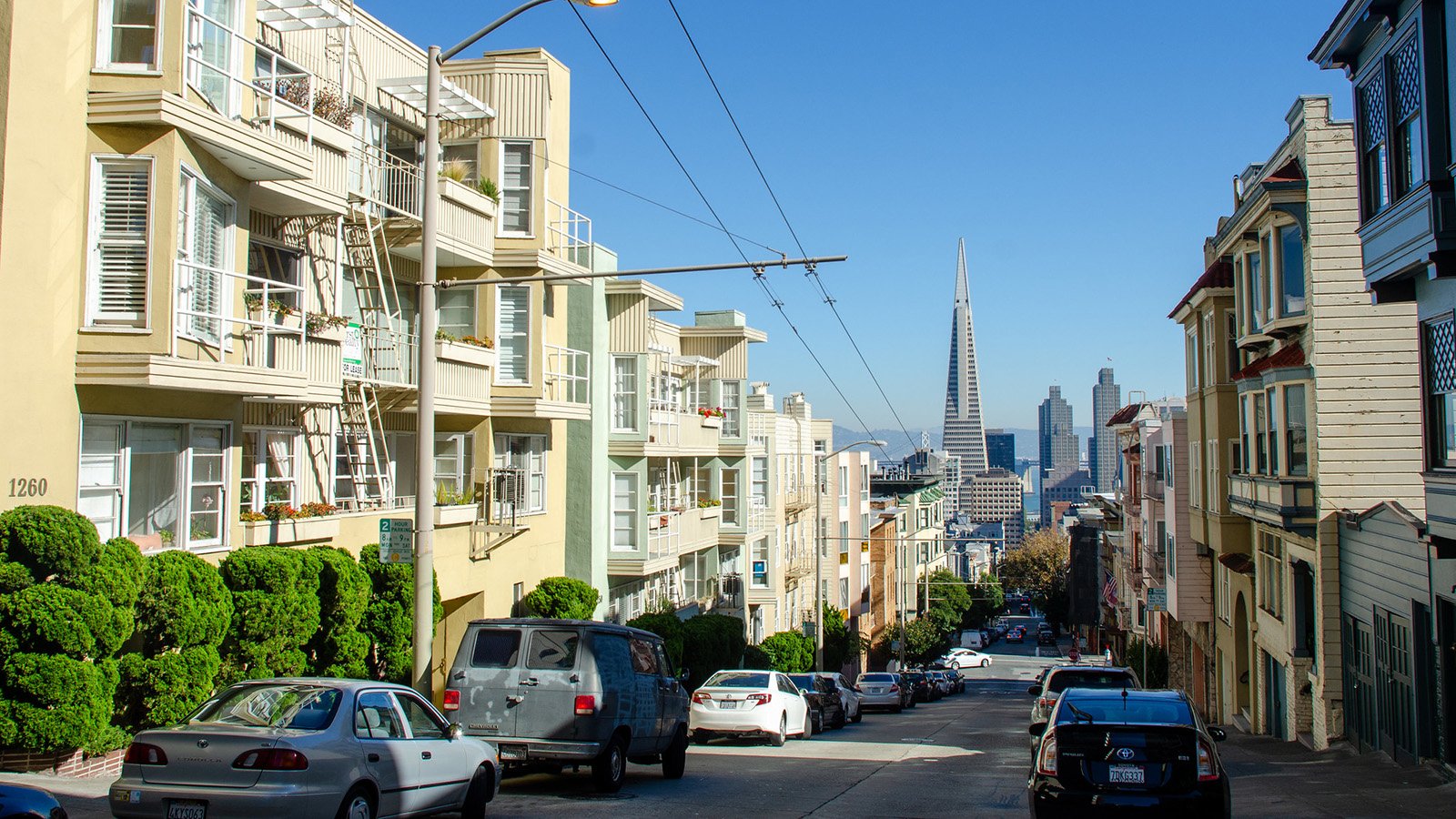The Suburban Experiment killed the starter home. Here's how cities can bring it back to life.
Read MoreI want to draw two insights relating human development to the way cities evolve. These insights are critical to understanding America’s housing crisis and our response to it — and why building housing in major cities can't meaningfully address the housing crisis.
Read MoreIn this episode of Upzoned, co-hosts Abby Newsham and Chuck Marohn discuss how inflation and high housing costs can put the American Dream out of reach for many people, as well as potential responses.
Read MoreMany people believe that, with some zoning changes, large-scale development will be the true key to the housing crisis. This isn’t the case. Large-scale development worsens the issues that caused the crisis in the first place. Here’s a few of the ways incremental development is better for cities than large-scale.
Read MoreChange can be scary and off-putting, and the construction of houses that don’t fit into an existing neighborhood — in this case because of size — can be a source of tension. But a change in neighborhood scale can be a good thing, as larger houses allow for important flexibility in housing options, like multigenerational and multifamily living.
Read MoreTransit Alliance Miami, a transit and mobility advocacy group, hopes to encourage the development of more types of housing in Florida with draft legislation that would repeal costly parking minimums.
Read MoreFinding and buying a home is getting harder in the U.S., according to a new report by the National Association of Realtors (NAR).
Read MoreThe single least expensive way to produce a lot of new housing is to follow a template that was once used in virtually every city. Unfortunately, most North American cities effectively prohibit it today. Does yours?
Read MoreHousing affordability in places like Austin, TX, has reached an unacceptable zenith. This local teacher—who works two jobs just to afford her family’s rent—makes the case for zoning reform.
Read MorePublic policy has winners and losers, and parking reform is, unfortunately, no exception. So how should that knowledge impact the way we approach parking reform?
Read MoreAmericans need housing relief imminently. Despite what you may have heard, upzoning isn’t likely to be the thing that delivers that—but here's why it’s still worth pursuing.
Read MoreHigh-earning Americans are saying they might choose to rent indefinitely. Why?
Read MoreOne would expect a Republican governor to endorse free-market solutions on a local level, yet housing and zoning tend to scramble traditional political debates in unexpected ways.
Read MoreLos Angeles lost a hundred thousand affordable homes in a decade. Don’t look to bulldozers to explain how.
Read MoreThe Seattle area is growing fast, and the suburbs are not going to be exempt from change. Data on the true costs of development is helping local advocates develop a vision for a more prosperous—and, yes, populous—future.
Read MoreDiscourse about affordable housing is dominated by a handful of extremely unrepresentative places, and the solutions that might be applicable in those places don't translate in the rest of the U.S.
Read MoreThis LA resident has gone viral after taking matters into his own hands to deal with the housing crisis.
Read MoreAirbnb owners have voiced concerns over plummeting bookings in the last few months. Are we witnessing the “Airbnbust,” and if so, what does this mean for the housing market, as a whole?
Read MoreThe Ontario government has stated that the province will need 100,000 new construction workers and 1.5 million homes over the next decade…and industry leaders aren’t feeling optimistic about it.
Read MoreIf one thing’s clear about the housing market, it’s that it’s currently more sensitive to factors outside of your community—outside of your control—than anything within.
Read More



















